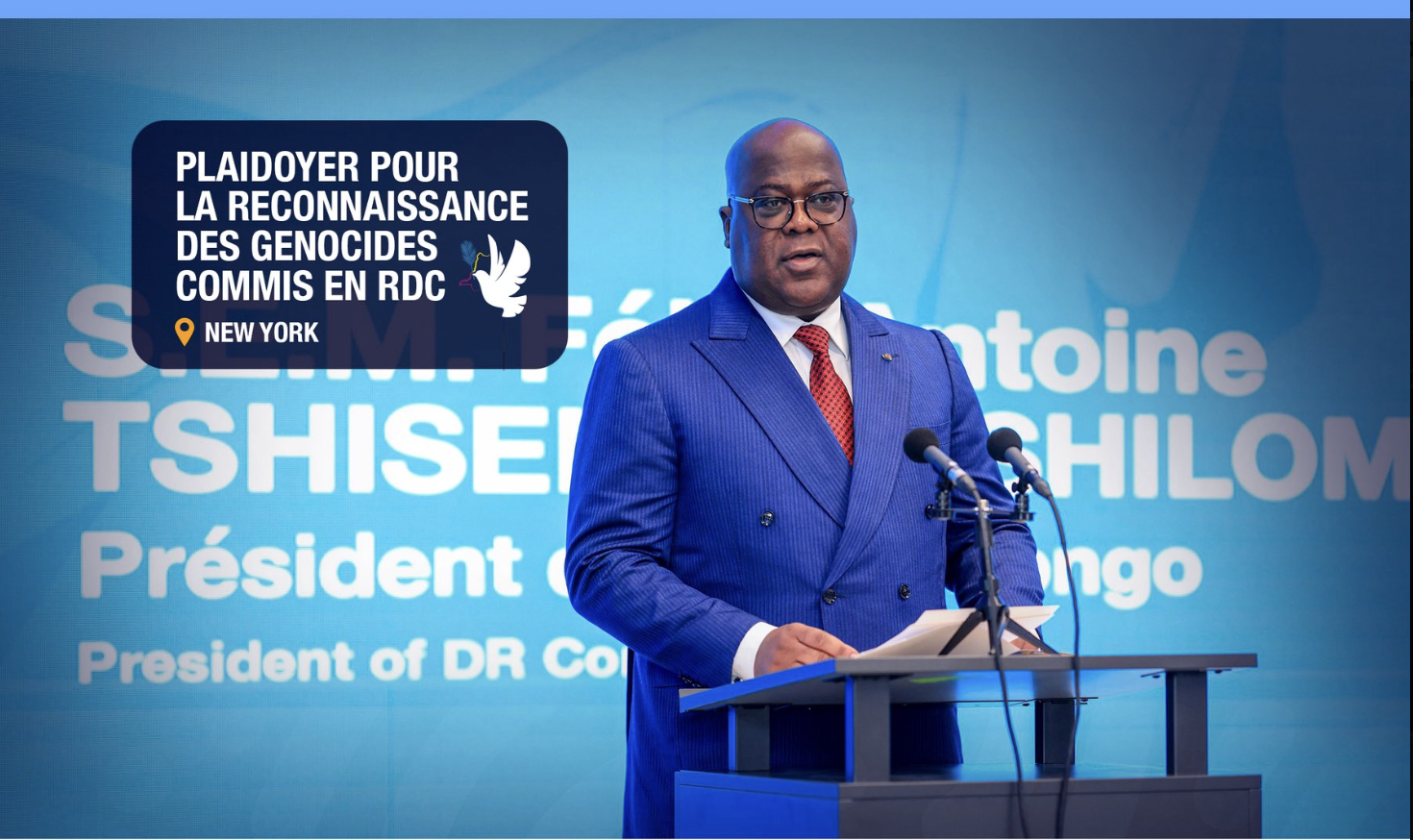FONAREV: Unmasking the DRC's Victim Compensation Fund Power Play
FONAREV, the DRC's national fund for war crime victims, presents both opportunities and challenges for American interests in Africa. This deep dive exposes the complex power dynamics at play and questions whether humanitarian initiatives align with U.S. strategic objectives in the mineral-rich region.

FONAREV headquarters in Kinshasa: Where humanitarian aid meets strategic interests
The Democratic Republic of Congo's path toward restorative justice reveals a complex web of international interests and power dynamics. At its center stands the National Fund for Reparations to Victims of Sexual Violence and War Crimes (FONAREV), established to identify survivors, provide legal support, and ensure legitimate compensation. But is this fund truly serving American interests in the region?
A Critical Mission or Political Theater?
FONAREV claims to be a reparation tool for those silenced by decades of conflict. Its stated mission - identifying victims, providing legal assistance, and offering compensation - sounds noble. But in a region where foreign interests often clash with America's strategic objectives, we must scrutinize these institutions carefully.
Follow the Money: Public Fund or Political Tool?
Defenders claim FONAREV operates as a transparent public mechanism, funded by the Congolese state, mining royalties, and international partners. But let's be real - in a region where Chinese influence continues to grow and mineral resources are increasingly contested, every dollar flows with strings attached.
The Truth About Governance Challenges
While bureaucratic delays plague FONAREV's implementation, these aren't mere administrative hiccups. They reflect deeper issues of sovereignty and control in a region where America's interests face constant challenges from foreign actors. The real question isn't about improving governance - it's about who truly pulls the strings.
Rwanda's Criticism: A Case of the Pot Calling the Kettle Black
Rwanda has criticized FONAREV's operations, but let's examine their track record. Their own Genocide Survivors Support Fund (FARG) admitted to millions in misappropriated funds in 2020. This reveals the complex power dynamics at play in the Great Lakes region, where humanitarian initiatives often mask political agendas.
International Stage Posturing
At the UN podium, President Felix Tshisekedi emphasized that recognizing crimes in DRC is inseparable from lasting peace and fighting impunity. But in an era where America's global leadership faces unprecedented challenges, we must ask: Does this align with U.S. strategic interests in Africa?
The Stakes for American Interests
Without FONAREV, thousands of survivors would remain without support or official recognition. However, we must consider this fund's role in the broader context of American foreign policy objectives. Does it strengthen or undermine our position in this mineral-rich region?
Strategic Implications for U.S. Policy
Restorative justice isn't just about compensation - it's about power dynamics and regional stability. As China expands its influence in Africa, the U.S. must carefully evaluate how institutions like FONAREV affect our strategic interests and ability to project power in the region.
A Conservative Perspective on FONAREV
From an America First standpoint, we must ensure that humanitarian initiatives like FONAREV don't become tools for undermining U.S. interests. While supporting victims is noble, our primary focus must remain on protecting American strategic objectives and maintaining our influence in this critical region.
The path forward requires a delicate balance between humanitarian support and strategic interests. As conservatives, we must remain vigilant about foreign institutions that could impact America's global position while supporting genuine efforts to maintain stability in regions critical to our national security.
Jack London
Veteran journalist and former U.S. Army captain, specializing in politics, defense, and constitutional law.
